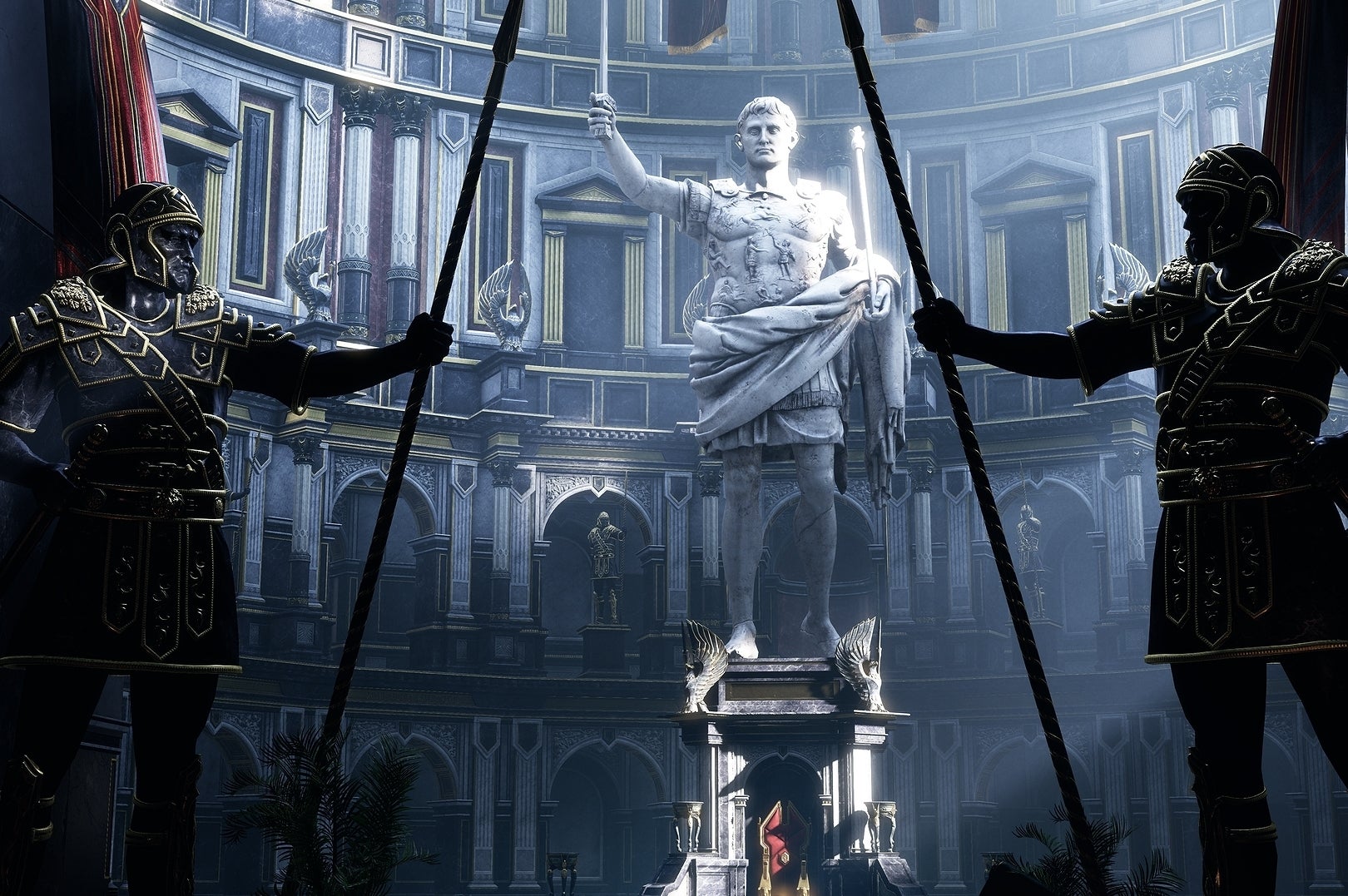Nasty, brutish and short, Ryse: Son of Rome has emerged from a seven-year development hell as a visually resplendent, preternaturally dumb action game that exhibits a galling, monotonous bloodlust. As a gladiator in the console wars arena, it should wow the crowds, but it’s not likely to keep them on side for long. It doesn’t have the staying power.
Ryse was at one point going to be a showpiece for Kinect on Xbox 360, before its standard-bearing duties were transferred to Xbox One. It’s for the best, as a new console platform allows developer Crytek to play to its strengths and stoke the pixel-furnaces of its mighty graphics engine until they roar. All this technical industry is then brought to bear on building ancient Rome just so Crytek can burn it down again.
That’s no spoiler – the game begins at its end, with Rome in flames and overrun by barbarian hordes, while a fat and cowardly Emperor Nero runs for cover. He’s soon under the wing of our hero, Marius Titus, a proud Roman warrior who, once he has Nero to himself, starts telling the Emperor his story. Cue flashback, and the game’s true beginning, wherein a newly commissioned Marius sees his father and family die at the hands of another barbarian raid, before setting off for the untamed wilds of Britannia to subjugate the rebels and claim his revenge.
If you’re about to point out that the great fire of Rome wasn’t started by barbarians, you should know that Ryse has no regard for history. It’s a kind of slapdash historical fantasy in which the Celtic queen Boudica rides a war elephant, England looks like Middle-Earth, Scotland looks like Transylvania, the Colosseum is a kind of clockwork Holodeck and someone has invented exploding barrels. Nero’s two fictional and comically evil sons are leading the Roman Empire into a Caligulan nightmare of debauchery and mass crucifixions. Marius’ fate is somehow linked, via a magic lady in a very low-cut dress, to the legend of Damocles, a wronged warrior who became an undead “spirit of vengeance” – which has precisely no resemblance to the actual, extremely well-known and very much Greek legend of Damocles.
